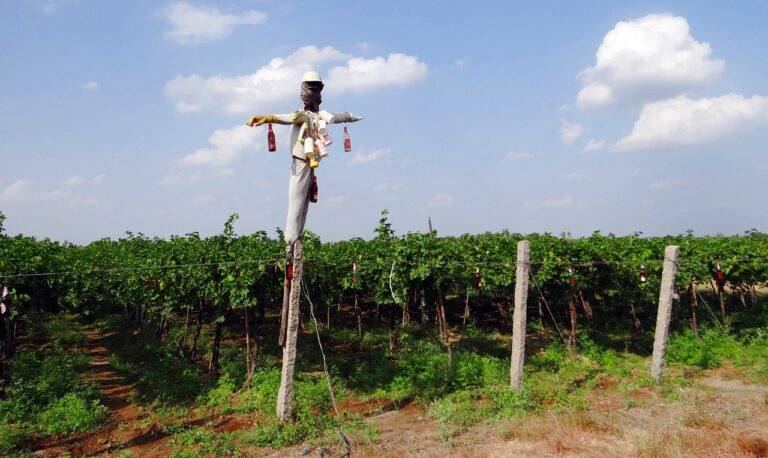Analyzing the Impact of Social Media Echo Chambers on Election Discourse
Social media platforms have become prominent arenas where individuals engage in discussions, share information, and express their opinions. However, one concerning phenomenon that has emerged is the creation of echo chambers. In these virtual spaces, individuals tend to interact mainly with like-minded people, reinforcing their beliefs and biases while excluding divergent perspectives.
The pervasive nature of echo chambers in social media has raised apprehensions about the potential consequences on public discourse and societal cohesion. When individuals are consistently exposed to information that aligns with their existing views, they may become less receptive to alternative perspectives, leading to polarized attitudes and a limited understanding of complex issues. This echo chamber effect can further exacerbate societal divisions and hinder constructive dialogue on important matters.
Understanding the Role of Confirmation Bias in Election Discourse
Confirmation bias plays a significant role in shaping election discourse by influencing individuals to seek out information that confirms their existing beliefs and opinions. This tendency can lead to the formation of echo chambers, where people are surrounded by like-minded individuals and exposed only to information that aligns with their views. As a result, individuals may become more entrenched in their perspectives and unwilling to consider alternative viewpoints.
In the realm of election discourse, confirmation bias can contribute to polarization and division among voters. Rather than engaging in constructive dialogue and seeking a comprehensive understanding of different perspectives, individuals may selectively consume information that reinforces their preconceived notions. This can further exacerbate partisan divides and hinder the ability to find common ground and work towards collectively beneficial solutions.
What is confirmation bias?
Confirmation bias is the tendency for individuals to seek out information that confirms their preexisting beliefs or opinions, while ignoring or dismissing information that contradicts those beliefs.
How does confirmation bias impact election discourse?
Confirmation bias can lead individuals to only consume news and information that aligns with their own views, creating echo chambers where differing perspectives are ignored. This can further polarize political discourse and make it difficult to have constructive conversations across party lines.
How do social media echo chambers contribute to confirmation bias?
Social media platforms often use algorithms to show users content that aligns with their past behavior and preferences, creating echo chambers where individuals are only exposed to like-minded viewpoints. This can reinforce confirmation bias and make it challenging to consider alternative perspectives.
What can be done to combat confirmation bias in election discourse?
To combat confirmation bias, individuals should actively seek out diverse perspectives and sources of information, engage in respectful conversations with those who hold different views, and critically evaluate the information they consume. It is important to be open-minded and willing to consider alternative viewpoints in order to promote more balanced and nuanced election discourse.





